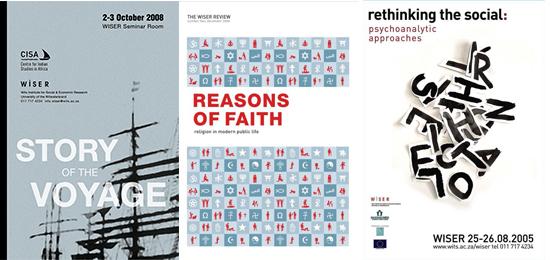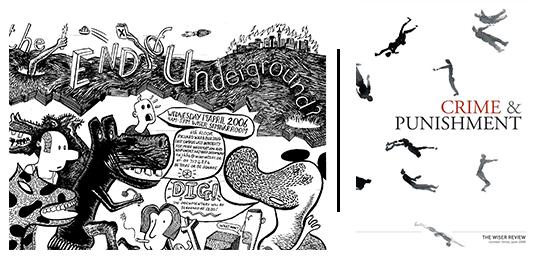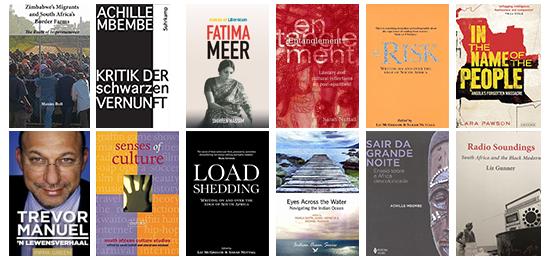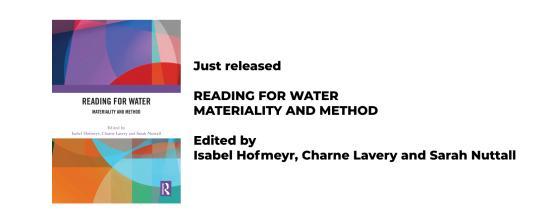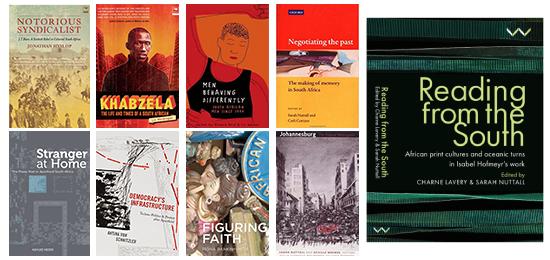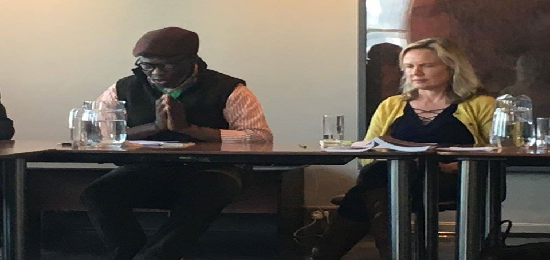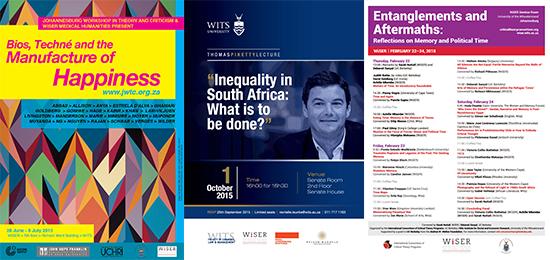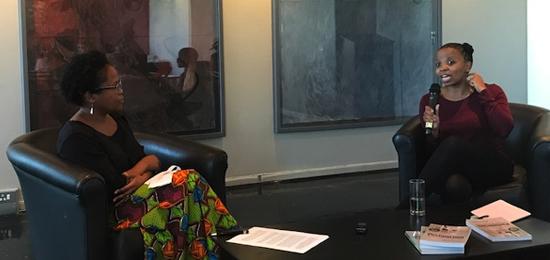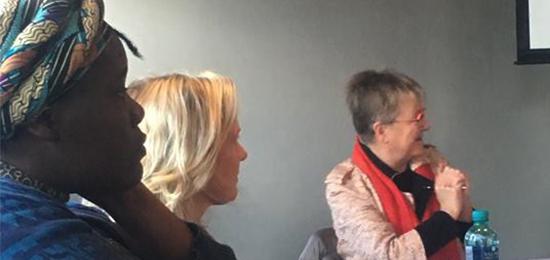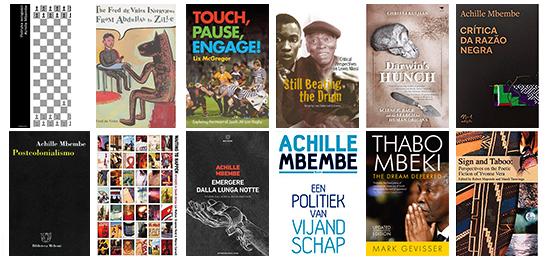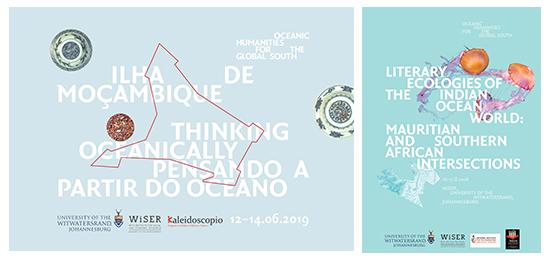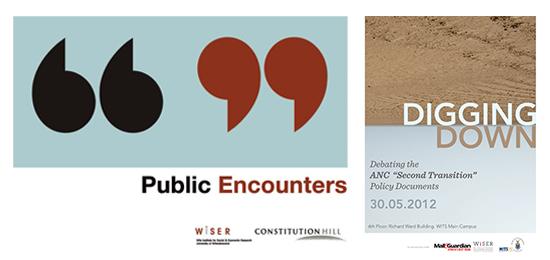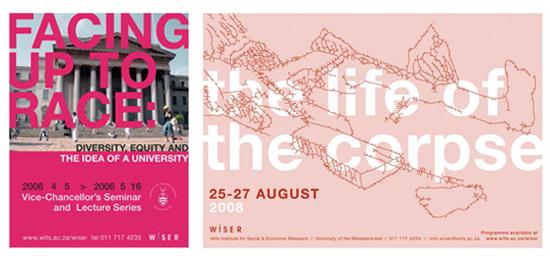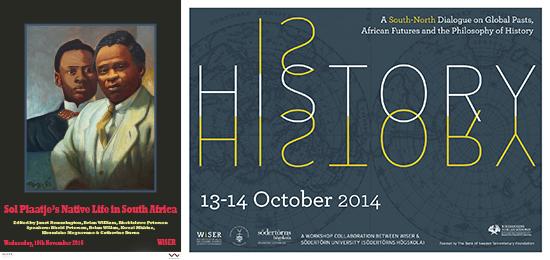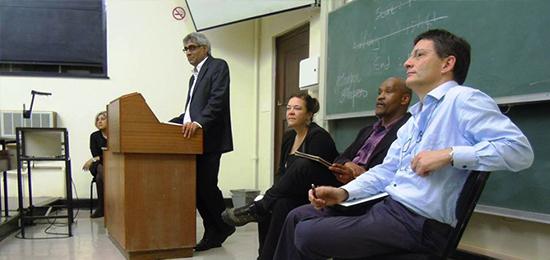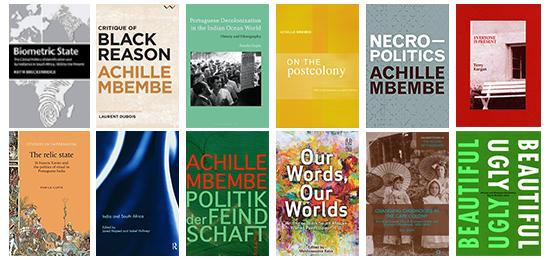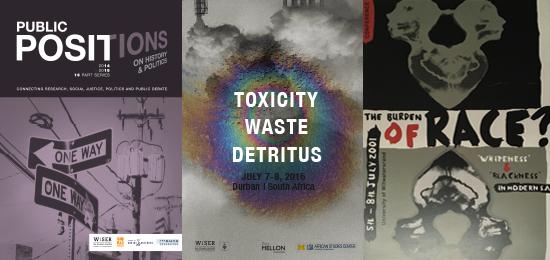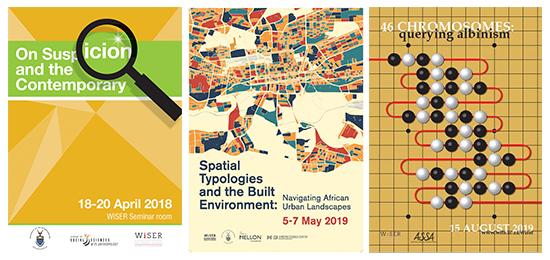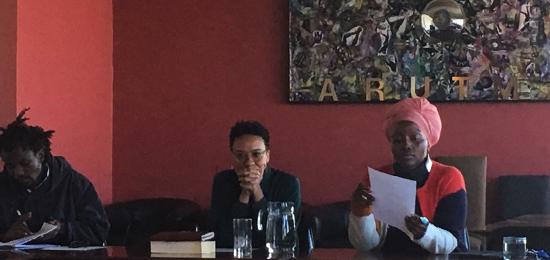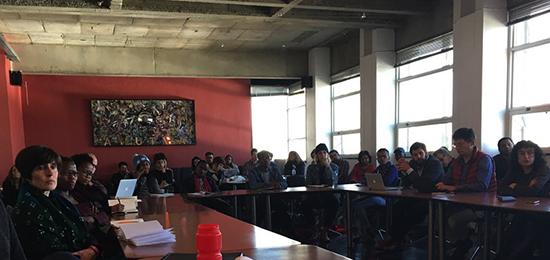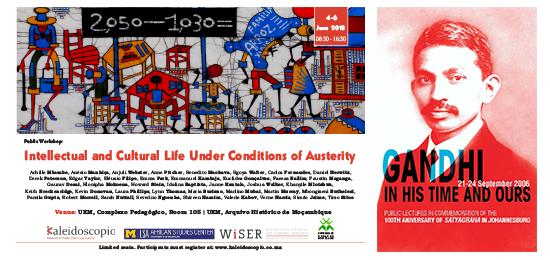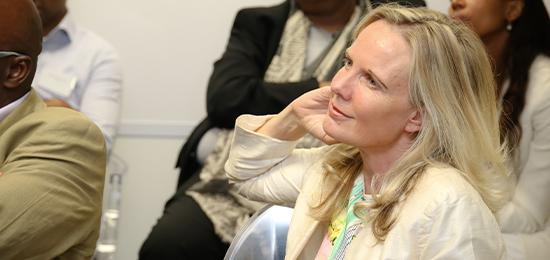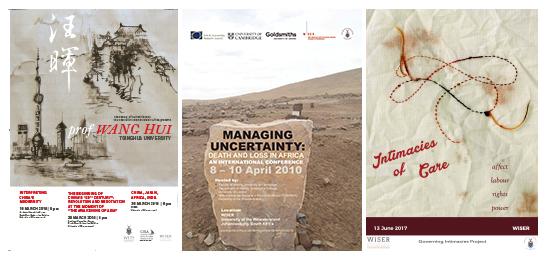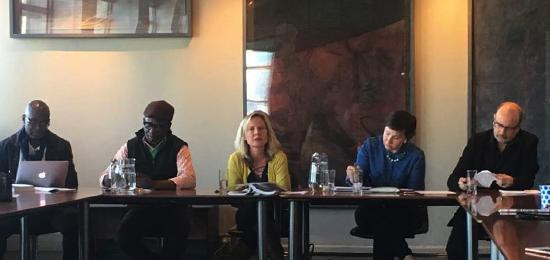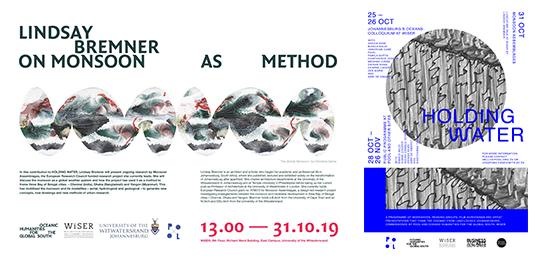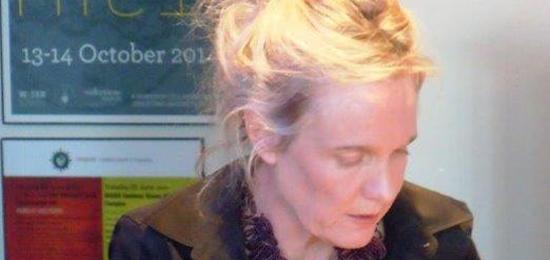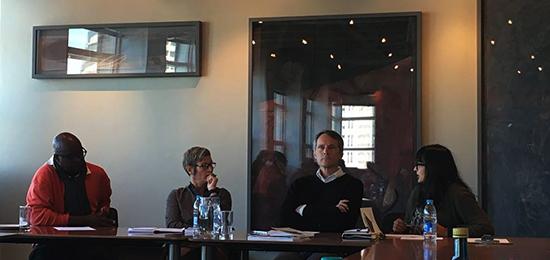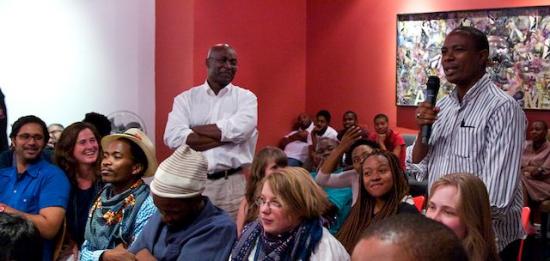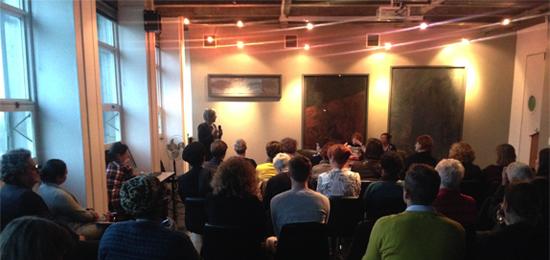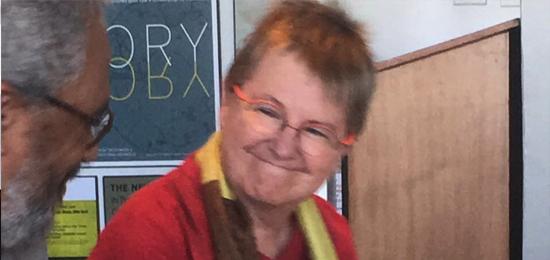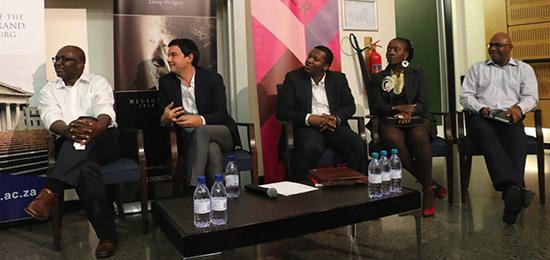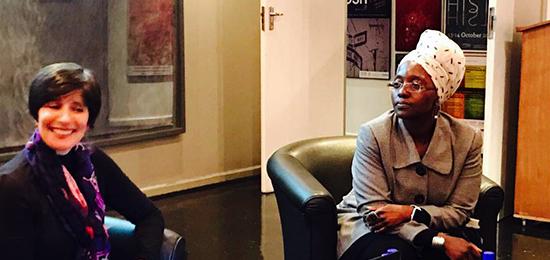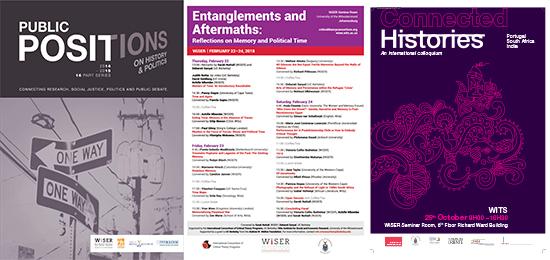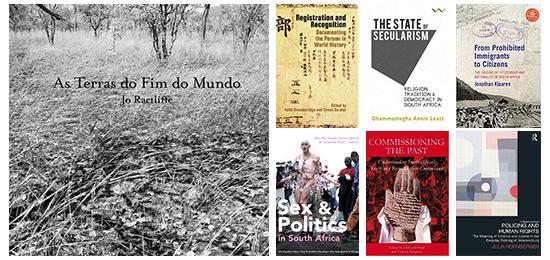Kant’s racism and liberal political philosophy
Monday, 30 September, 2019 - 15:00
Presented by :
Kant’s philosophy centrally focusses on trying to give an a priori account of conditions of the possibility of various human phenomena, including metaphysics, empirical knowledge, there being moral reasons and the nature of just political power. His a priori conditions are presented as if they are meant to be humanly universal – to apply equally to all humans. Despite these supposedly universal features of his a priori moral theory, Kant has racist and sexist views that seem incompatible with regarding all human beings as moral equals. This leaves us with questions about how to make sense of his views and about how Kant himself understood his theories – did he intend his moral principles, for example, to apply only to white men? Perhaps independent of how Kant himself understood his claims there is the question of whether the theories themselves can be extricated from his racism and sexism, and whether there could be any resources in Kant’s account for work on topics like racial justice, or whether, in contrast, critique of Kant’s views as well as work on racism, sexism and theory of race must come from outside his system, and perhaps from outside of an a priori framework. This also raises broader questions about methodology in philosophy and the history of philosophy: how should we read the work of racist and sexist figures in the tradition? More generally, is there something fundamentally flawed about a priori methodology as a way of approaching topics like racial justice which require attention to context and situation? In this paper I take up the question of whether there could be resources in Kant’s system and in liberal political philosophy more generally that can be productively used for work on race, racism, and historical injustice, starting with a challenge raised by Charles Mills concerning rethinking this work in the light of the racist exclusions of the tradition. Mills has argued that racism among Kant’s (largely white) interpreters has led to us failing to pay attention to Kant’s racism and interpreting him too charitably. In my view, and also that of Mills, it could also be true that racism in the tradition following Kant has led us to not interpret the resources in some of his views radically enough. Where the hypocrisy of enlightenment liberalism may have resulted in the assumption by its proponents of their being in something like conditions of liberal justice, the tradition may have failed to interrogate what is really required by equal freedom. One result of this could be that liberal theories themselves might have more radical implications for changing our societies than both their proponents and their (left) critics have taken them to have. One could reject liberalism as a compromised and conservative bourgeois ideology, but one could also argue that elite interests have distorted beyond recognition what liberalism should be, given its own starting points.

